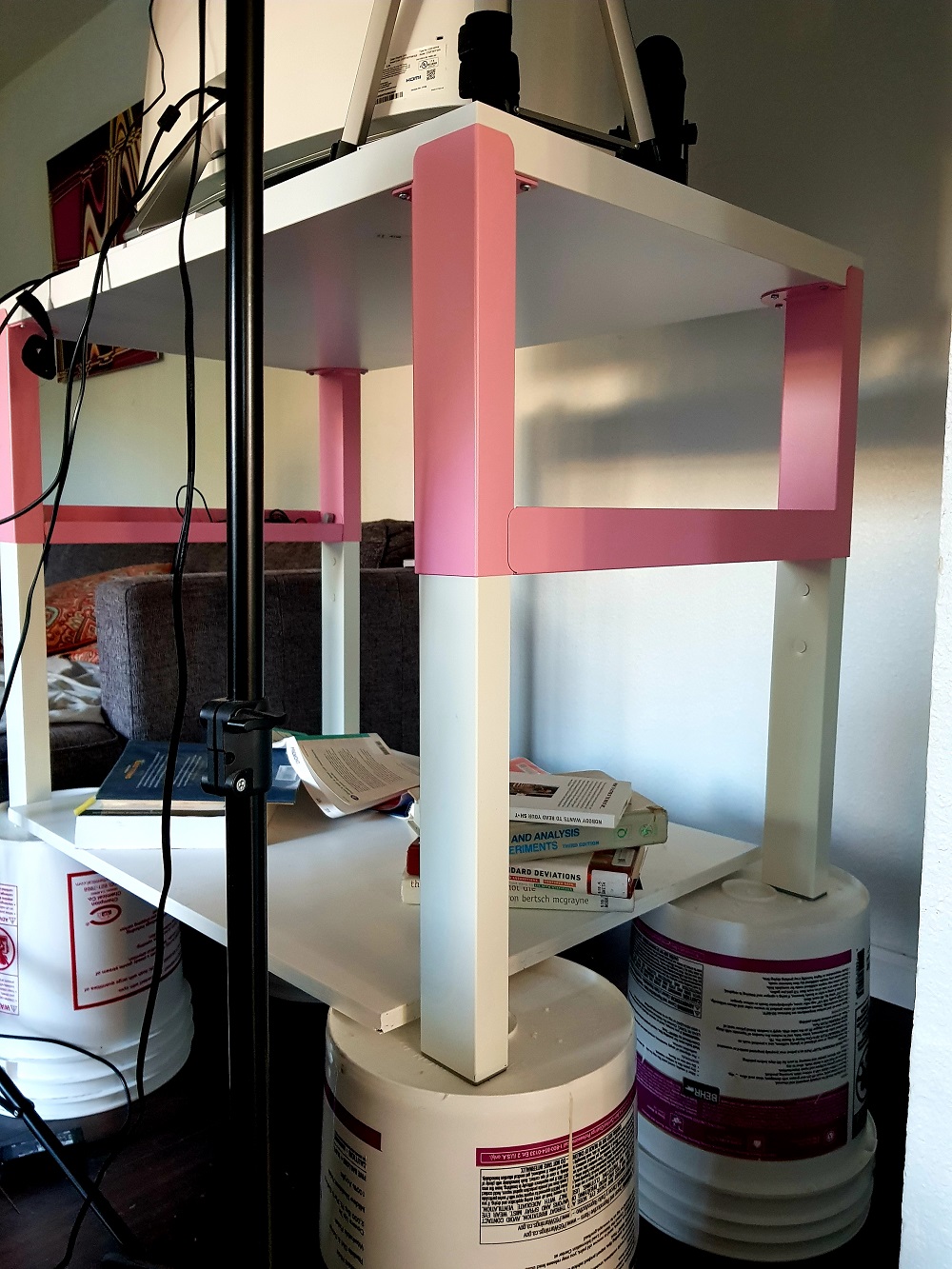So I went to an In-N-Out Burger (my fav by the way) the other day with my dad and we ordered 2 veggie burgers, fries, and lemonade. The bill ~ $10. Had I been alive in 1948, that same meal at the same exact place could have been had for a mere 75 cents. So how and why do prices for the same exact stuff rise over time by so much? Blame inflation, a general increase in prices for a lot of the goods and services we consume every day. Hence, a dollar less than a century ago could buy much more than it does today and that’s likely to continue in the future.
But why does this happen? To answer that, let’s think about what it would be like to have the opposite of that and that’s deflation. If the prices of goods and services were to fall every year instead of rise, you’d wait to buy whatever you were in the market to buy because it’s profitable (for you) to wait. You’ll be able to buy the same stuff cheaper tomorrow or next month or next year than today. So it’s great for you but if everyone started doing this, the overall demand for stuff in the economy will fall. If demand falls, businesses would have to cut expenses and with their biggest expense being people, many will lose their jobs. No job means no income and no income means no spending. So demand reduces even more and a vicious cycle sets in that can swallow an otherwise healthy economy.
So an all-out deflation is bad but then is it always that bad? Let me explain with something that just transpired. My crazy dad was in the market for a standing desk to make working from home easier (and healthier) so he looked around to see what fits his budget. But just as he was about to buy a desk, he realized that he could improvise with the desk he already uses. A construction crew around our house left behind some dirty paint buckets that were supposed to be recycled. But we all should know by now that recycling is a myth, sold by the plastics industry. A very tiny fraction gets recycled if it does at all with the rest ending up in landfills.
So back to those buckets, oh they were real dirty and hence needed to be cleaned to make them be a part of his setup. But then he could have easily bought those buckets to be used as a foundation for his existing desk for say $3 a piece (he needed 4 of them).
But instead, a minimalist that he is who hates waste, especially of the plastic kind, he cleaned those buckets and is using them as a pretty solid base for his standing desk.

But how does this one small decision trickle through our economy? In the process of DIYing his standing desk, he deprived the stores selling the desk and the buckets from making a profit. So both these businesses got impacted (though by a tiny amount) with this one decision. But multiply that by a thousand and now the stores are hurting. If stores are not doing well, they’ll have to cut expenses and maybe, they’ll resort to laying off employees. Once laid off, the employees then stop consuming and in turn, starting a chain reaction that impacts the entire supply chain.
So my dad’s decision to not consume is great for the environment but not so great for the economy.
Now let’s talk about Japan. Since the bursting of the twin real estate and stock market bubbles in 1989, the economy hasn’t been able to recover. The country since then has been mired in a deflationary spiral and with that comes fewer and fewer available jobs so it becomes harder to raise a family. So folks are delaying getting married and are having fewer children. Fewer people means less demand. So when goods are produced at the same rate and the demand declines, prices drop and deflation becomes ingrained in the system. That’s today’s Japan.
But increasing demand through population growth is not the right recipe, especially in light of the resulting environmental impact. What would be ideal is to grow demand with the global population we already have by uplifting the billions who are currently not enjoying anywhere close to the standard of living we in the West do. That’s fortunately changing for the better but we have a long way to go.
Deflation did once visit the United States post the stock market crash of 1929 when a lot of people lost a lot of money all at once. And since most of that money was borrowed money from the banks, a system wide banking collapse ensued. Thousands of businesses failed and unemployment skyrocketed to up to 25%. People who still had jobs just froze and stopped spending, setting off a deflationary spiral just like what Japan encountered many decades later. But fortunately or unfortunately, the economy was rescued out of that spiral through government spending on the Second World War effort.
So an increased savings rate in general is deemed good but when everyone starts to save all at once, things can get real bad, real fast. That’s what economist John Maynard Keynes once described as the Paradox of Thrift where it’s great in the long run if people save money but if they do it all at once, it can have disastrous consequences.
So now we know why we don’t want deflation but what about inflation? Prices of goods and services rise over time but why? And is that good?
Inflation in an economy is sort of intentional and is designed by the Central Bank of a country. Central Banks control the money supply in such a way that there is always a little more money in the system in any given year chasing the same quantity of goods and services in an economy. So what does that do? It causes prices to rise by just enough so that demand for stuff in an economy is always present. And because stuff gets more expensive over time due to inflation, people will not wait to buy what they need for better prices tomorrow or next month or next year. This keeps the businesses busy producing the stuff people need, employees employed and the economy stable.
So now that we know that inflation is going to be ever present, how do we make sure that it doesn’t hurt us in the long run? I mean how do we keep our purchasing power intact over time so we can buy the same amount or more stuff tomorrow, next month, next year and decades from now?
Inflation rate in the United States historically has averaged at around 3% so if we want to make sure that we can buy the same amount or more stuff, we will have to beat that rate over time. Depositing our savings in a bank could be one option but banks don’t usually pay interest more than the rate of inflation so that’s not an option. So what do we do?
Let’s take that In-N-Out Burger’s situation for example. Say the cost of potatoes that’s used in making fries rise due to inflation. What would In-N-Out do? They can keep the price of the fries you buy the same but if they do, their profits decline. And if they keep doing that year after year, they can start to lose money. And no business exists to lose money. So they raise the price of those fries to compensate for the increase in the cost of potatoes to keep the profits the same. And sometimes they improve their process to make fries faster and better to meet demand or they offer different types of fries at a higher price. All these things increase profits which increase the value of that business. And if you own that business, not only do you match inflation but in the long run, you are likely to beat it.
So how do we own businesses? Through the stock market where pieces of thousands of businesses are on sale every day. All you have to have is some savings to go out and buy them.
But a very high inflation rate (hyperinflation) is not good either. That causes the prices of goods and services to rise much faster than the supply. And why is that not good?
Say you are in the market to buy a laptop. If you believed the price of that laptop would be 20% higher next week, what would you do? You’d go out and buy that laptop right away. Not only that, sensing that the price will rise by that much in a week, you’d buy 10 laptops. Why? You’d keep one for you for sure but the remaining nine, you’d sell at a profit next week. And if everyone did that, the stores would run out of stuff with no one able to buy anything, especially if the supply can’t keep up. I think you get the point.
So both deflation and hyperinflation are not good though you could live with a bit of deflation here and there. What we ideally want instead is a Goldilocks type of economy where the price of all the stuff we consume does not drop like crazy and does not skyrocket like mad either. It just chugs along.
So that’s all for now. Thank you for reading.
Until later.
Cover image credit – Retha Ferguson, Pexels

